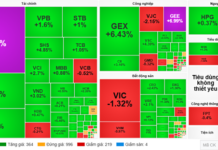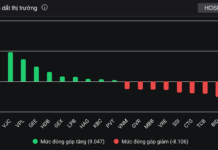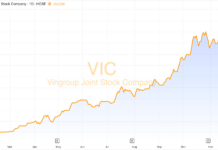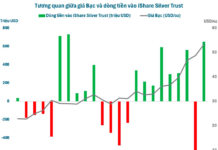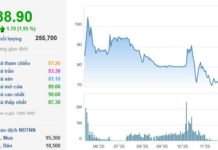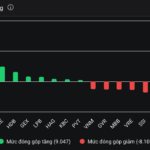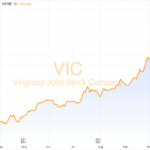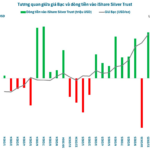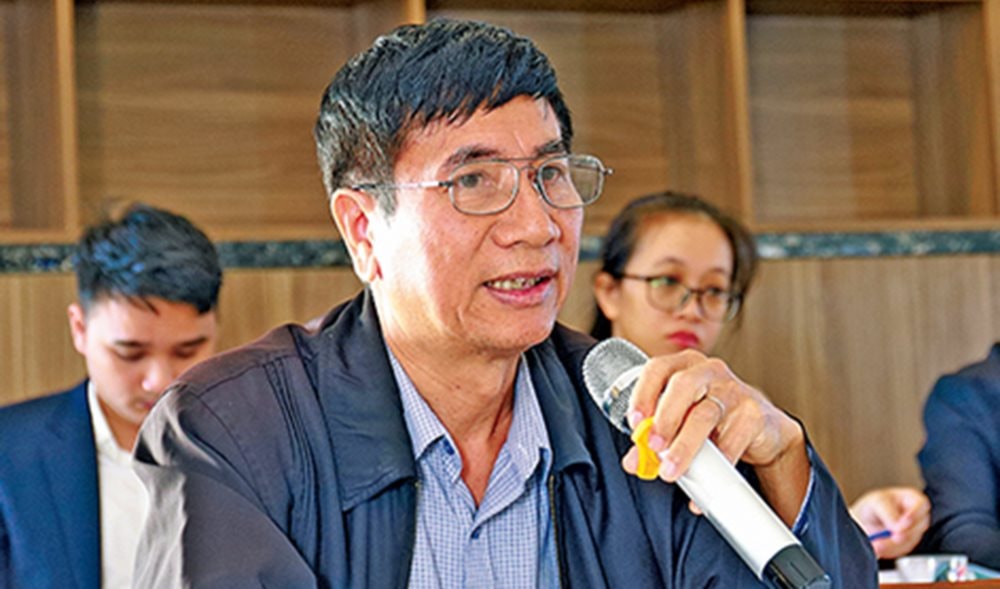
Mr. Nguyen Quang Hung, Vice President of Vietnam Valuation Association
MarketTimes is honored to introduce the presentation of Mr. Nguyen Quang Hung, Vice President of Vietnam Valuation Association and General Director of VIICY Vietnam Finance Joint Stock Company, on the need to reduce administrative procedures to lessen difficulties for enterprises. This presentation was shared at the seminar “Proposing solutions to overcome obstacles in implementing new legal provisions on valuation” organized by the Vietnam Valuation Association (VVA).
Firstly, let’s address the challenges in the registration procedures for valuation practice. The contents of the Government’s Decree No. 78/2024/ND-CP, detailing a number of articles of the Price Law on Valuation, are suitable for newly established enterprises and new valuers registering for practice. However, valuers who have taken a break from practicing or are transferring to practice at another unit are also subject to the same new registration requirements.
To avoid additional administrative procedures and reduce difficulties for enterprises, it is suggested that the re-registration process for practicing valuers currently working at enterprises should include annual supplementary registration of valuation practice under the current Price Law. This includes: a certificate of updated knowledge for registration for the following year; a criminal record certificate, applicable only for the first year of implementing the 2023 Price Law, and not required for subsequent years; and the provision of a criminal record certificate should be in the form of a certified copy, with government agencies verifying it again through linked electronic pages to save the people’s time, effort, and money on notarization.
Regarding the update of information and data into the price database, Decree 85/2014/ND-CP stipulates the update of valuation certificates as specified in Clause 5, Article 55 of the Price Law. It is necessary to have specific provisions on the scope of certificates to be updated, instead of updating all valuation certificates issued by enterprises, as the scope and objects of assets to be valued are diverse. Including all certificates will turn the database into a “storage warehouse,” making it challenging to categorize, extract, and becoming merely a formality. As an enterprise may issue hundreds of certificates in a day, requiring the update of all certificates is excessive, wasteful, and burdensome for businesses.
In relation to the regulations on exploiting information and data on prices, there should be a clear disciplinary framework that delineates the responsibilities of those who authorize the exploitation and use of data and those who update the information on valuation results. It is also essential to clarify how to handle cases related to criminal procedural law.
Regarding the scope of valuation work, when conducting valuations in Vietnam, it is mandated to apply two or more valuation methods, except when the conditions for applying the comparison method are met, and when valuing intangible assets. In reality, there are assets with exclusive or limited market transactions, making it impossible to value them using the comparison method or the cost method, especially when the subject of the asset is a monopoly. The basis for valuing this type of asset is the investment value mentioned in the Vietnamese Valuation Standards.
Additionally, there should be specific provisions regarding the entities authorized to exploit and utilize the information that enterprises have updated in the national price database, ensuring the confidentiality and proper use of such sensitive data.

